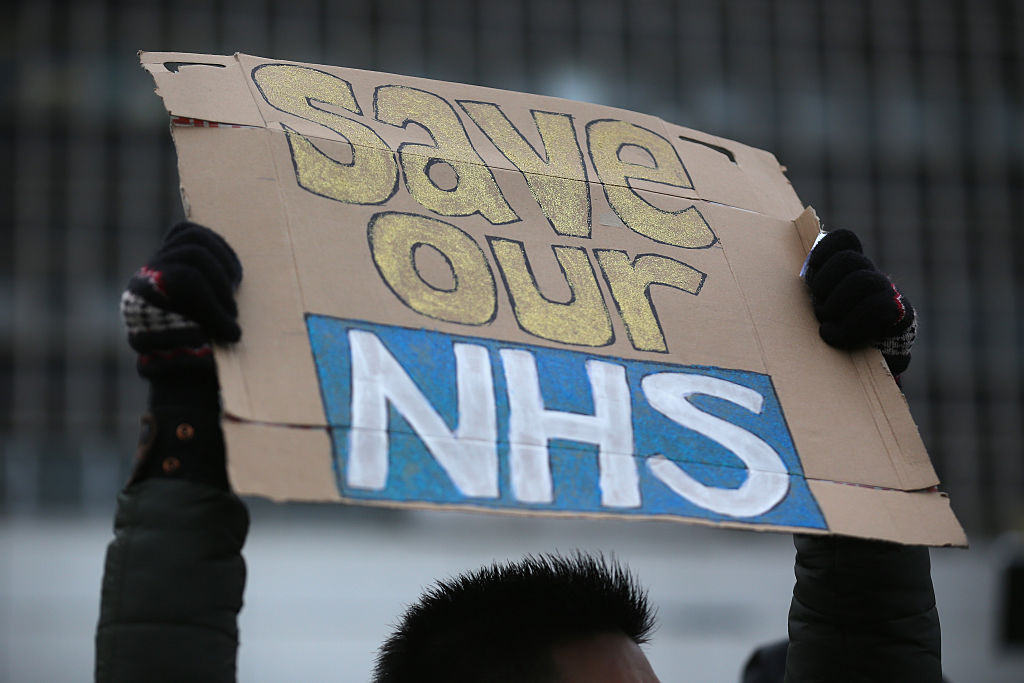Is the row over the government’s plan to award only a 1 per cent pay rise to NHS workers as politically toxic as some suggest? Labour has certainly seized on it, with Sir Keir Starmer saying ‘Covid heroes’ deserve a pay rise. But Boris Johnson today defended the raise, saying: ‘What we’ve done is try to give them as much as we can at the present moment… We’ve tried to give the NHS as much as we possibly can.’ He also pointed to wider government investment aimed at helping the health service cope with the pandemic.
The pay ‘rise’ might not be as much of a problem in isolation – but all the signs are that the health service is going to be in what most would see as a crisis for a number of years to come after this pandemic. Waiting lists are currently enormous, both in terms of the sheer number of people – more than 4.52 million – and the amount of time some of them have been waiting – more than 220,000 by December of last year. As I wrote in the i paper this week, it is not simply a case of moving staff back to their normal specialties and getting operating theatres to open for longer hours: the workforce, which has suffered from severe shortages in many areas for a number of years, is now also utterly exhausted and struggling with mental health problems as a result of the pressures of the pandemic. And so a policy area that has always been highly salient in British politics is going to grow, even once Covid becomes something we can live with.
There will be more stories about people waiting an unacceptably long time to be treated, and deteriorating as they languish on the list. There will be more stories about medics and nurses who want to leave, not simply because they aren’t getting a pay rise over 1 per cent, but because the past year has taken more of a toll on them than they can manage. At some point, ministers are going to have to be honest with the public about the knock-on effects of the pandemic in terms of the quality and speed of healthcare they will receive.
The mix of exhausted ‘Covid heroes’ and sick people not being treated is going to be highly toxic – and those working in the NHS think it is likely to reach its peak as the next election approaches. That may concentrate the minds of those in the Treasury who have been rather less helpful than those in the department of Health might have hoped. But if they only switch onto this as a political problem when an election looms, it will be too late. Even if nurses do get their pay rise in a U-turn in the next few months, there’s a lot more of this to come.







Comments